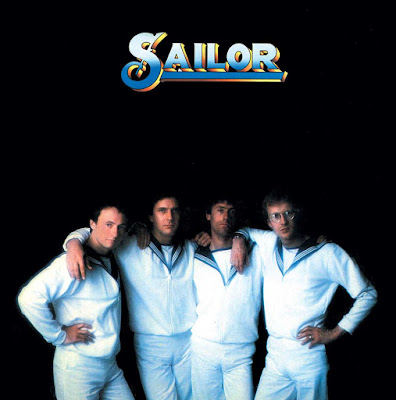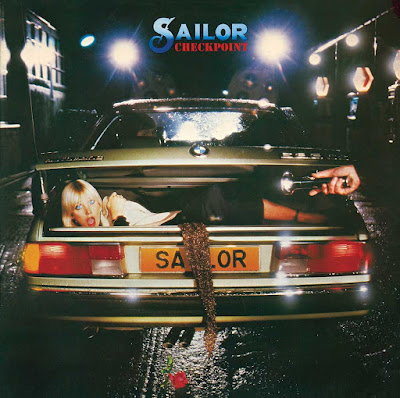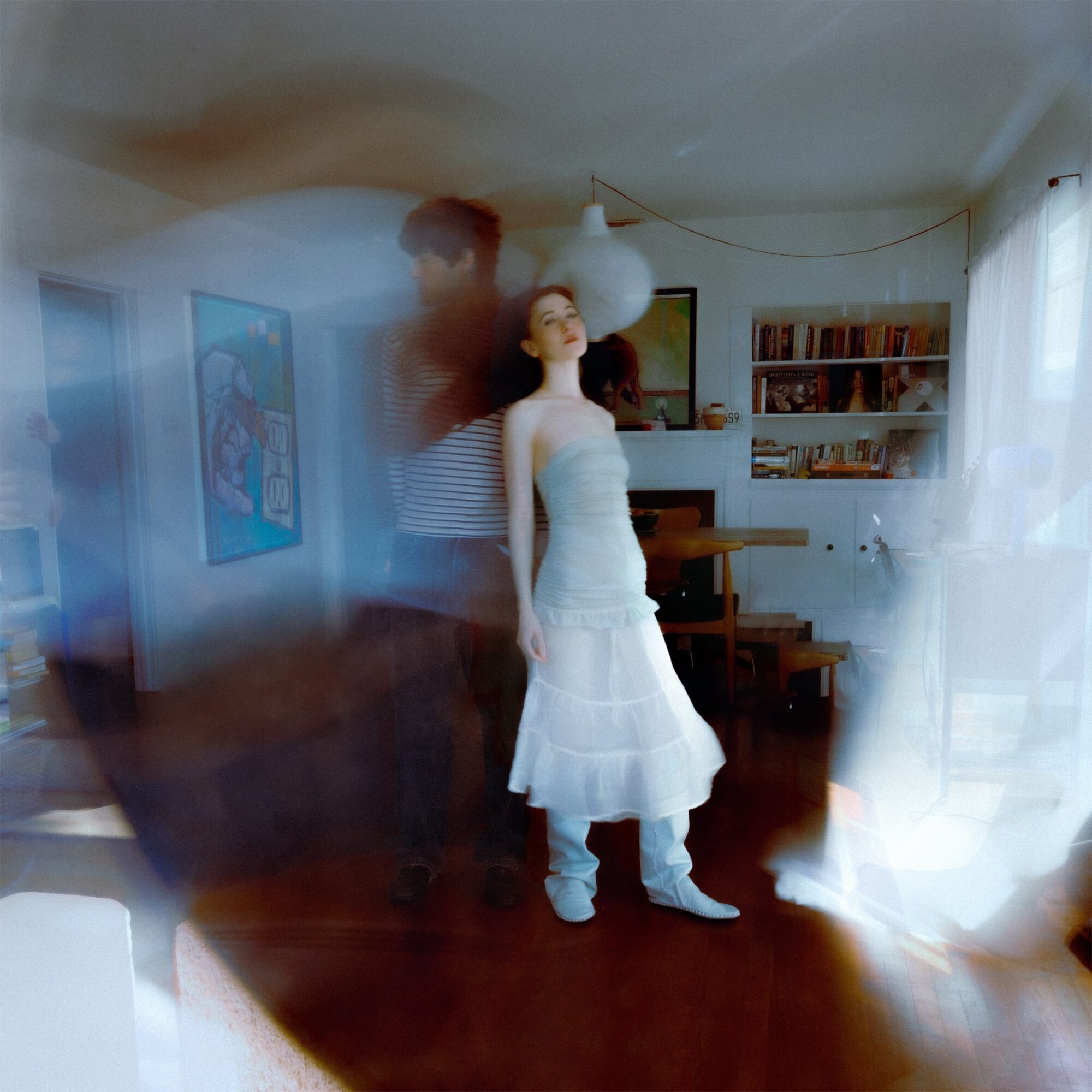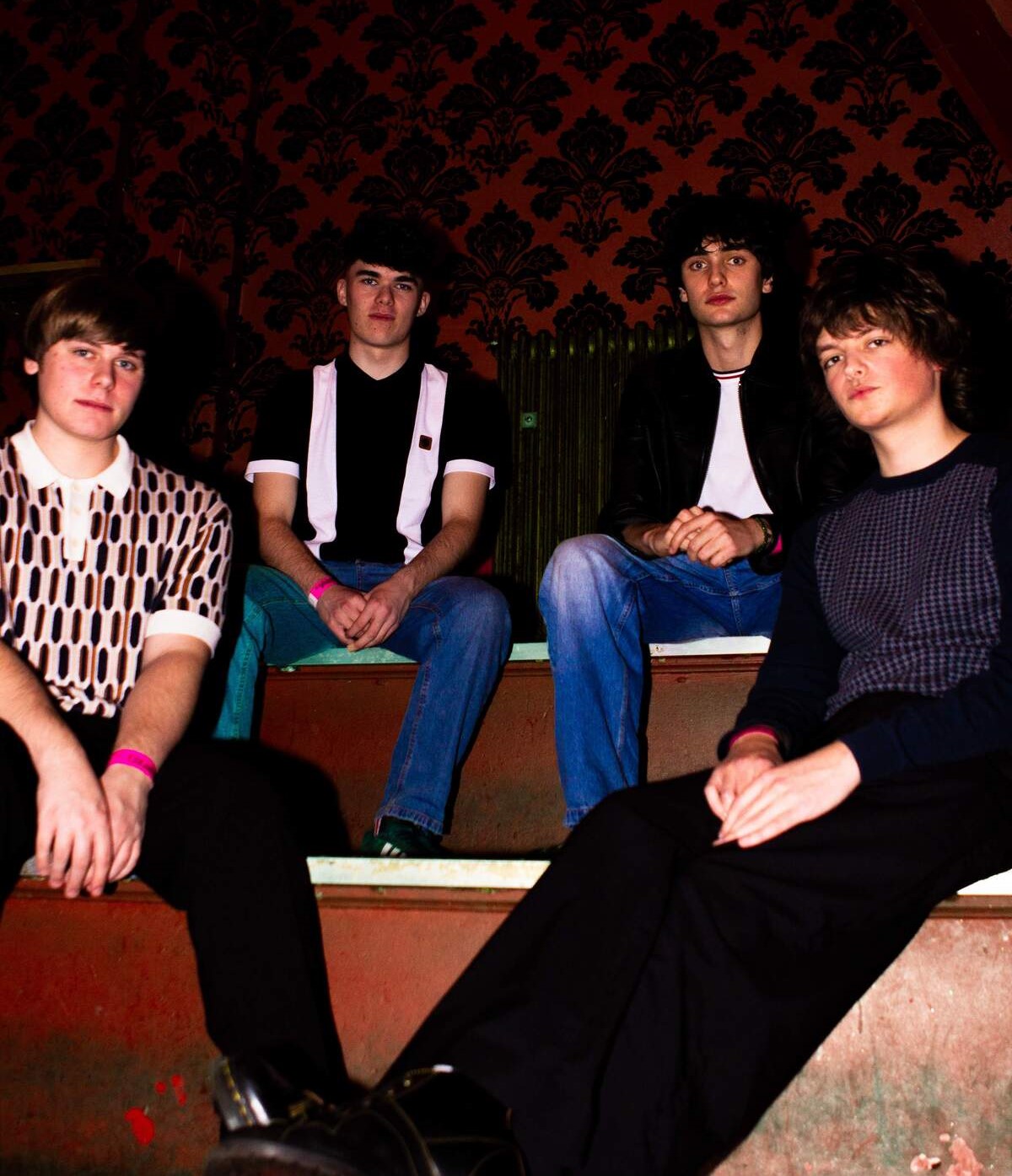Sailor – “The Albums 1974-78” (2018) review
Sailor – The Albums 1974-78 (7TS, 2018)
Formed in 1973 by Norwegian-born multi-instrumentalist/vocalist/songwriter Georg Kajanus, the original configuration of Sailor comprised Kajanus and three Brits, guitarist/vocalist Henry Marsh, bassist Phil Pickett and drummer Grant Serpell. The two guitar, bass and drum configuration was short lived however. When Kajanus came to the others with something he was in the midst of creating, a kind of musical revue, “Sailor’s Night On The Town” which included harmoniums, mandolins, glockenspiels, hand-bass drums and tack pianos, the members agreed that having coming from the 1960s when in their minds there were many bands all basically doing the same thing, Kajanus’ tune was something totally unique, and indeed was the sound they had been looking for. Thus began the musical adventures of an incredibly original and interesting pop band, which released a total of five albums and a whopping fourteen singles on the Epic label between 1974 and 1978. The fruits of Sailor’s efforts during this period have been compiled by Cherry Red Records and released on the five disc, fifty nine track box set issued on their 7t’s imprint and reviewed here.
Sailor had an incredibly unique sound, the result of their unconventionally exotic usage of instruments including charango, Veracruzana harp, harmonium, accordion, piano, marimbas, synthesised brass and reed, synthesiser, guitarron, synthesised strings, calliope, xylophone, bass, autoharp and cruz bass in addition to more conventional instruments such as 12-string guitars, acoustic guitars, piano, mandolin, Hammond organ and drums. To top things off Kajanus invented an instrument called the Nickelodeon, consisting of two upright pianos, two synthesizers, mini organs and a glockenspiel, all mechanically linked within a wooden frame, stained to resemble some strange piece of antique furniture. The upright pianos were fixed back to back, Pickett playing the bass side, Marsh the treble. This allowed the band of four to deliver the sound of all the instruments used in the studio, and coming well before the invention of the midi keyboard that can produce any number of sounds at the touch of a button. Sailor’s stage act included a harbour town backdrop, cafe and a street lamp which cast a red glow over the players whose repertoire consisted of songs about red-light districts, sleazy underworld characters and romance of an altogether quirky nature delivered by the neatly dressed, short-haired quartet. The overall ambience somewhat resembled that of a strange combo from the 1940s.
Sailor’s 1974 self-titled debut album is a delightful mix of light hearted, red light district folk tunes such as “Blue Desert” “Josephine Baker” “Sailor’s Night On The Town” and “The Girls Of Amsterdam” with its nod toward the ladies of the night in the nation where the group was to enjoy its greatest success, with the album containing no less than four Top Five hits there. One of them, the gorgeous acoustic, vocal harmony filled “Traffic Jam” was selected by Epic Records to be the band’s first UK single as well as the opening track for the album. Unfortunately the tune did not draw the attention at home that it did in the Netherlands. “Sailor” also includes some excellent cabaret style tunes, “The Street” “Blame It On The Soft Spot” to name but two. The album’s ten tracks are joined by three bonus cuts, the 7” version of “Blue Desert” as well as the non-LP a-side “Sailor” and non-album b-side “Harbour.” With its light, breezy and sometimes even zany acoustic sound the album is a most pleasant listen and certainly deserved a better fate in the sales department.
After extensive touring the band entered the studio to record their follow up 1975 LP “Trouble” produced by Rupert Holmes and considered by many the group’s finest hour. Among the album’s tracks are their two biggest selling UK singles, the sprite, red-light number “Girls, Girls, Girls”with its catchy pop hook and the bouncy cabaret tune “A Glass Of Champagne” filled with tasty pianos and loads of commercial appeal. Both tunes hit the Top Ten in the UK, the former reaching #7, while the latter climbed all the way to #2. Unfortunately, and definitely not due to inferior material, Sailor would enjoy only one more UK Top Forty hit during their Epic years.”Trouble” did include other cabaret flavored delights such as “Coconut” whose title is reminiscent of producer Holmes’ hit “The Pina Colada Song” which made the US Top 10 in 1979, “People In Love” and “Stop That Man.” The group’s versatility shines through on the acoustic instrumental “Jacaranda” and the balladish “My Kind Of Girl.” Despite the hit singles, “Trouble” was not a great commercial success in the UK although it is a most entertaining and enjoyable listen and did perform well in the Netherlands..
1976 brought Sailor’s third long player, aptly titled “The Third Step.” The opening track of the album, also their final Top 40 single, is the bouncy pop number “One Drink Too Many” which combines an Abba sort of feel with zany humor and gorgeous vocals, two constants in the band’s repertoire. A very tasty keyboard interlude adds greatly to this ode to love which remains unrequited due to a bit of overindulgence. Overall, the LP is a most pleasant mix of danceable pop with gorgeous vocals and exotic instrumental performances dominated by keyboards of all varieties. Among other highlights are the humorous “Out Of Money” the sad saga of a poor chap who awakens, his cigarettes, lighter and money having disappeared with the lady of the night who had accompanied him to his hotel room, and the quandary of how to explain to the man at the hotel desk that he hasn’t the money to pay for his previous evening’s lodging. “Stiletto Heels” is another bit of pure pop pleasure filled with gorgeous vocals and a very danceable beat, the song’s topic, a recurring one, revisited in the band’s zany “Two Ladies On The Corner.” Despite its wonderful mixture of pleasant vocals, unique instruments and wicked humor the album again was a big seller only in the Netherlands where Sailor maintained a loyal following.
The band’s fourth LP, “Checkpoint” hit stores in 1977, and followed in the footsteps of their previous three with its dominant keyboard and vocal sound. From the outset, “Stay With Me Now” mixes intricate keyboards and luscious vocals with a story of desperation due to love lost. The highlights of the album are its two singles, “Down By The Docks” presented in its nearly six minute LP version as well as the single edit, and “Romance.” The former has a delightful melody with keyboards and guitar supplemented by synthesized strings. The tune’s steady beat and ability to subliminally prompt dancing to the music could easily have made it a hit in the disco dominated seventies, though it did not. The latter single features more delicate keyboards and vocals mixed with tongue in cheek humor. Yet another highlight is the wonderfully titled “Put Your Mouth Where The Money Is” featuring an acoustic guitar intro and calypso vibe, as well as its humorous reference to earning a hundred dollars a round for knocking the champion down, a rather novel song topic which successfully drives the listener’s mind from the gutter where the title could quite easily lead one. Also of note is the single b-side “Istanbul” a snappy mix of synthesizers and percussion, another cabaret style dance number. Like its predecessors, “Checkpoint” sold well in the Netherlands and with the band’s loyal British following but failed to break new ground for Sailor.
1978 marked the fifth and final album released by Sailor on Epic Records. In many ways “Headway” was quite a departure from their earlier releases. This is apparent especially on tunes such as the single b-side “Pyjama Party” which brought guitars to the fore. Likewise “When It Hurts You” features guitar more than keyboards in its lament of love lost, as does the album’s opening track “Give Me Shakespeare” a rather quirky love song, perhaps a sign that the band’s sound was evolving with the times as popular music was gaining a much sharper edge than in the previous years. The exotic keyboards are still present, however, on tunes like “Ashes And Diamonds.” and “Stay The Night” which was released as the a-side of a single coupled with “Pyjama Party.” The final single from “Hideaway” was the lovely “Stay The Night” a pleasant blend of keyboards accompanying the song’s tale of reluctance and inhibition in expressing one’s desire and the ever present feeling of awkwardness in dealing with members of the fairer sex. “Hideaway” is accompanied by four bonus tracks, three non-LP single sides, the synthesizer laden tunes “All I Need Is A Girl” and “The Runaway,” the latter another forlorn lament of love lost and a broken heart as well as the glorious cabaret style instrumental “Copacabana” and the 7” version of “Give Me Shakespeare.” It is a pity that the original members of Sailor called it a day at this point as “Hideaway” hints at an evolution in the band’s sound while reinforcing their uniquely exotic sound. What direction the band was headed will forever be an unanswered question for fans of Sailor, although the five albums they recorded between 1974 and 1978 are incredibly interesting and delightfully pleasant to the listener’s ear.
“The Albums 1974-78” comes in a tortoise shell box, it’s five discs supplemented by a 16-page full color booklet including an informative essay by Kaitrin Wagner, Georg Kajanius and the original Sailor fan club, as well as photos of the band and album and single art work. The set sounds great thanks to the mastering job of Alan Wilson at Western Star Studios. This collection will be appreciated by fans of mid to late 1970s pop music and will be of special interest to those drawn to unique and exotic keyboards as well as cabaret tunes and music filled with zany dark humor.
– Kevin Rathert
© Copyright http://www.psychedelicbabymag.com/2018
Array







THEY WERE WONDERFUL MUSIC MAKERS.I WAS,AS A YOUNGSTER, A MERCHANT SEAMAN
AND THEIR SONGS REFLECTED ON THE LIFE. “BLUE DESERT” AND THE REST HIT ON THE LIFE.